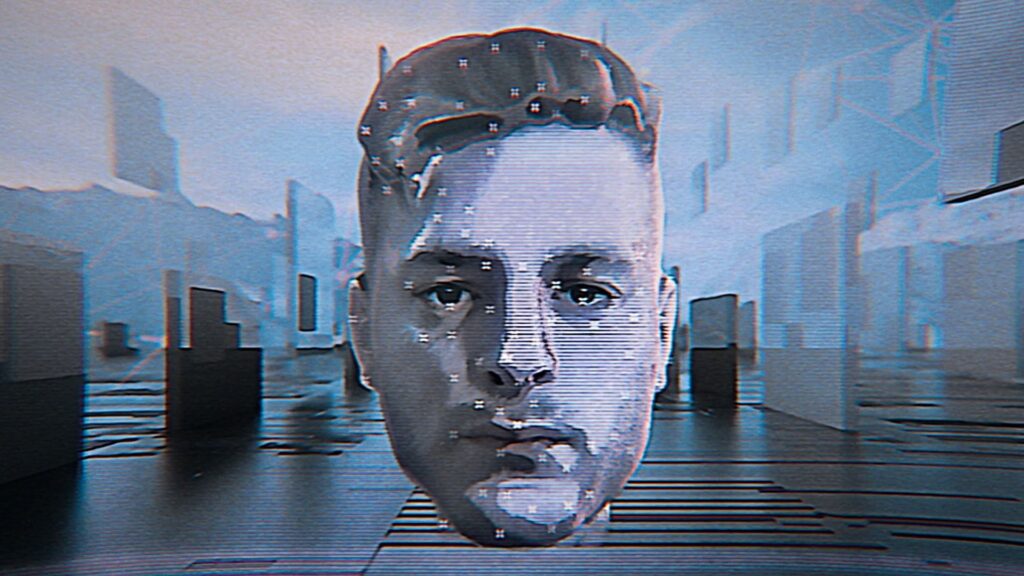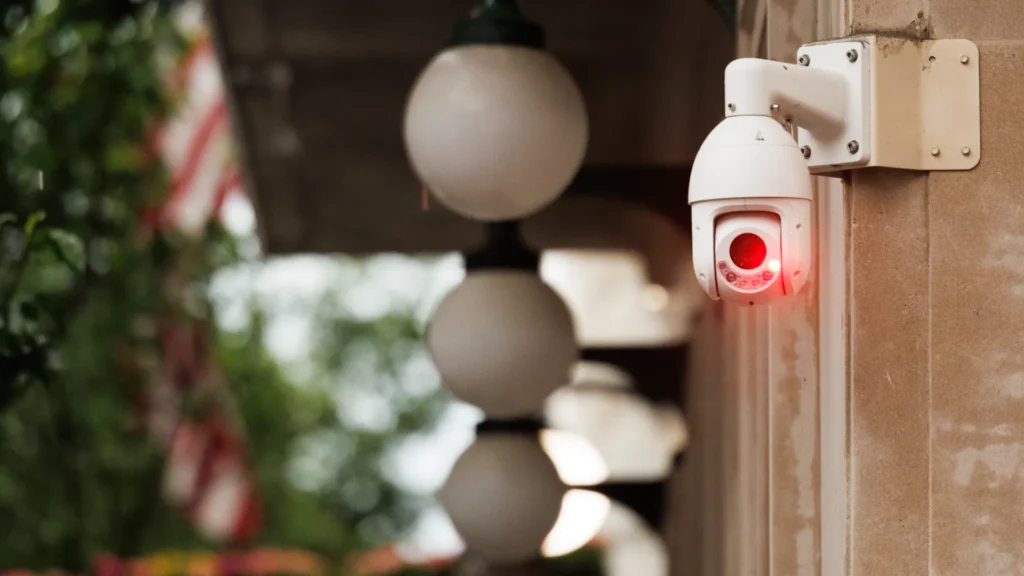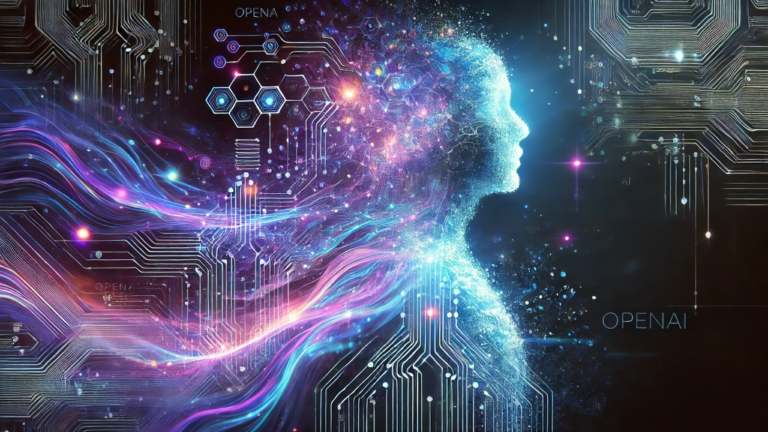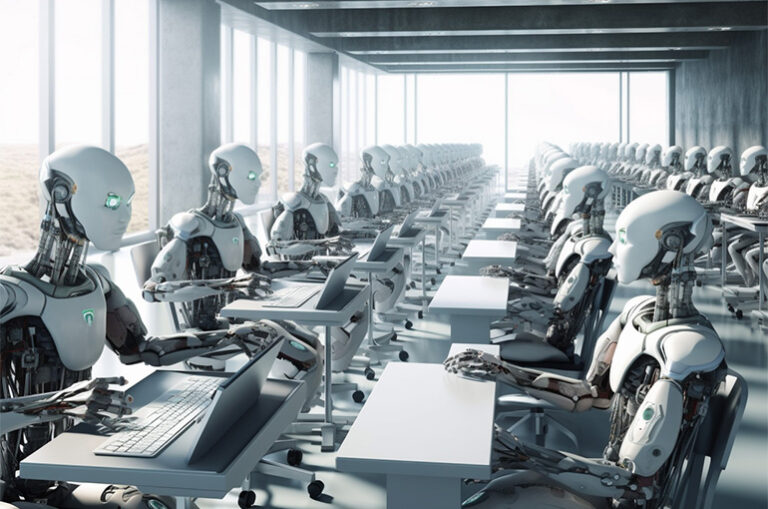
📸 The Automation Dystopia Is Already Here
Facial recognition abuse isn’t some hypothetical dystopia—it’s happening now, in one of America’s most vibrant cities. In early 2025, a report revealed that New Orleans police are using AI-driven facial recognition cameras that automatically notify officers when a “suspect” appears on surveillance. These automated pings, based on citywide camera systems, are sparking outrage from civil rights groups, lawmakers, and privacy advocates alike.
What’s more disturbing? The alerts are triggered in real-time, meaning police may be acting on machine decisions—without a human review.
🚨 How Does This Facial Recognition System Work?
Powered by automated software, New Orleans’ system constantly scans thousands of public cameras. When someone flagged in a database walks past, it sends an immediate alert to law enforcement devices, essentially saying, “Here’s your suspect.”
Sounds efficient, right? But critics argue it’s a dragnet surveillance nightmare. Many of those being scanned—or wrongly flagged—have no idea they’re being watched.
🧠 Why This Is a Major AI Ethics Red Flag

Facial recognition already has a well-documented bias problem. Studies by MIT and the ACLU have repeatedly shown that these systems are far less accurate with people of color. In some cases, false positive rates have exceeded 35% for Black and brown individuals, according to ACLU reports.
So what happens when an inaccurate AI system drives police action? You get a system where innocent people are stopped, searched, or even arrested based on flawed algorithmic decisions.
⚖️ Civil Liberties Groups Sound the Alarm
Organizations like the Electronic Frontier Foundation (EFF) and Stop LAPD Spying Coalition have condemned this deployment in New Orleans, calling it:
“The most unaccountable and automated police surveillance system we’ve seen in the U.S.”
Even the New Orleans City Council was reportedly caught off guard. Officials now say the program may need to be paused or restructured entirely due to “oversights in public transparency and legal review.”
🕵️ The Danger of Automation Without Oversight
This controversy isn’t just about New Orleans. It reflects a larger trend of AI and automation being deployed without sufficient accountability, legal checks, or public consent.
Here’s the big issue:
As cities turn to AI and automation to modernize policing, there’s a fine line between efficiency and authoritarian surveillance. Facial recognition, when used like this, threatens core democratic values—especially when nobody voted for it.




The website design looks great—clean, user-friendly, and visually appealing! It definitely has the potential to attract more visitors. Maybe adding even more engaging content (like interactive posts, videos, or expert insights) could take it to the next level. Keep up the good work!